GAPS diet - Part 2: which foods to avoid, and why
Can GAPS help people with autism and other mental, digestive, allergy or autoimmune issues?
If you’re on the autism spectrum, we talked about why you might want to do this diet in Part 1 – an intro to the GAPS diet.
If you have any other mental or psychological issues, digestive problems, allergies or sensitivities, autoimmune conditions, or anything else that might be because of a gut dysfunction, GAPS might also be suitable for you. I can talk about this more in another post, or feel free to ask me in the comments. (Or arrange to meet me in SteemChat, which I have just joined but haven’t done anything with yet.)
For today, we’re going to cover the foods that need to be avoided while on the protocol.
GAPS Unfriendly foods
There are three main types of food to avoid on the GAPS protocol:
• Certain carb foods (temporarily)
• Certain dairy products (temporarily, unless you have allergies)
• Processed foods (ideally permanently)
Specific Carbohydrate foods
The GAPS diet is based on the Specific Carbohydrate diet (SCD) written about by Elaine Gottschall in her book “Breaking the Vicious Cycle”. Dr Natasha has added other traditional healing foods and lifestyle modifications to create the GAPS diet.
To understand why these carbs need to be avoided, it’s helpful to understand the main types of carbs (sugars / starches). The three main types are shown in the chart below.
Our bodies can only use the simple sugars for energy, so when we eat either double sugars (disaccharides) or starches (strings of glucose molecules) they need to be broken down to single molecules.
Now let’s take a quick trip through the digestive system, focussing on where carbs and sugars are digested.
Digestion starts in the mouth. When we chew food, an enzyme called amylase is released which helps to break down and digest carbohydrates. This is why it’s so important to chew well.
In my second post about DNA testing, I talked about how analysis of our AMY1 gene tells us how much salivary amylase we produce ie how well we can break down carbs. There is quite a wide spectrum here, and some of us are already disadvantaged at step 1 of digestion, so might need to avoid starches on a more permanent basis.
After food goes through the stomach, it goes to the small intestine, where enzymes released from the pancreas also include amylase. Between the mouth and the small intestine, all starches, or strings of glucose, are broken down to maltose, which is two glucose molecules joined together.
Now we come to the final stage of digestion, on the villi of the small intestine. Here the double sugars (sucrose, lactose and maltose) should be broken apart by another type of enzyme. But when the gut is damaged, these enzymes are not produced properly and the double sugars can’t be separated.
So we need to avoid starches and double sugars till the gut has healed. This means:
• All grains, including whole grains and quasi grains like quinoa
• All legumes/soy (except navy/haricot beans which have different sugars)
• Starchy veges: Corn on the cob, Kumara, Parsnip, Potato, Yams, Sweet Potato
• Fruit that is unripe or ripened in cold storage
• Natural sweeteners including rapadura, maple syrup
• Beer, brandy, liquers
If you’re familiar with a gluten free diet, you’ll see that by eliminating grains, we’re also eliminating all gluten, which is also a problem food that can’t be properly digested. But this is going one step further.
Don’t worry though! There are other carbs (and alcohol) you can have, which we’ll talk about next time.
Certain dairy products
With dairy, there are two potential problems. The first is the double sugar, lactose. We can break that down into single sugars by fermenting. This means making homemade yoghurt or kefir out of your milk or cream.
The other problem, as many of you will already know, is the casein. Unfortunately, fermenting doesn’t break that down.
If you are casein sensitive, you may be fine on ghee (clarified butter), but you will probably have to avoid all other dairy.
Otherwise, you may be able to tolerate fermented milk and cream, and later on, cheese.
Processed foods
These foods are really not very good for most people, so you may have to avoid them even in the long term:
• Refined sugars
• Refined carbs, white flour, white rice
• Pasteurised milk
• Processed foods of any kind, incl processed meats like most salami and sausage
• Unfermented soy products
• “Bad” fats – most vegetable oils, especially those that haven’t been cold pressed, hydrogenated oils, margarines, anything commercially deep fried
• Additives – artificial colours, flavours, sweeteners, and preservatives
• Toxins – aspartame, MSG, tobacco, recreational and over the counter drugs
You can read more about whole foods vs processed in my other nutrition posts, listed below.
One last category
Anything you already know you have a bad reaction to, even if it is technically a GAPS friendly food.
Depending on what these are, you might have to do a modified version of GAPS. In some cases, you might not be able to follow it exactly but might be able to use the healing principles in different ways.
Bottom line
So, sorry to say, this means:
• NO bread, pancakes, muffins, cakes, biscuits (cookies), snack bars, ice cream or desserts (unless you have made them yourself from GAPS foods)
• NO rice, pasta, breakfast cereals, chippies (crisps), corn chips, soft drinks, chocolate or lollies (candy)
• And just in case you missed it earlier, yes, I did say NO beer.
Now, don’t get all gung-ho on me and go rushing off to take all these things out of your diet today. Now you know what might be causing problems, we can go over what you CAN eat next time. Part 3 is here.
Once you know that, if you decide you want to give GAPS a go, I always recommend two things:
• Do lots of reading, so you know what to expect
• And above all, ease in! Take it slowly, step by step.
This is an overview, and usually I’d spend quite a while going into the detail of this with my clients. So feel free to ask questions!
Thanks for reading and upvoting! Follow me for more nutrition, health, food, lifestyle and recipe posts.
Images 1 & 2 are my own. The rest are from Pixabay.
My previous nutrition posts:
• The wide variety of so-called healthy diets out there and what the commonality is with them all
• The travels of Weston A Price and his discoveries of what was included in a range of healthy diets.
• Good fats vs bad fats
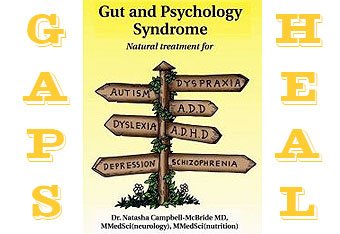
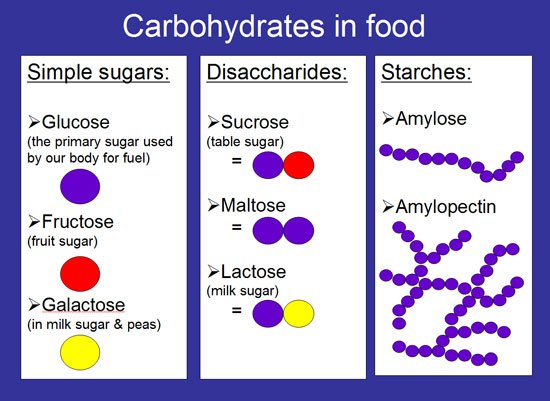
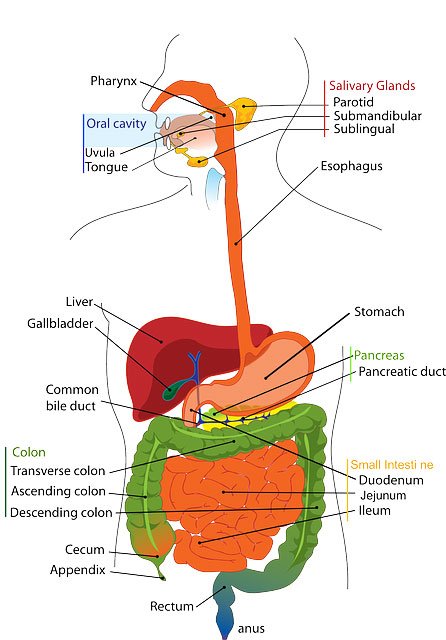
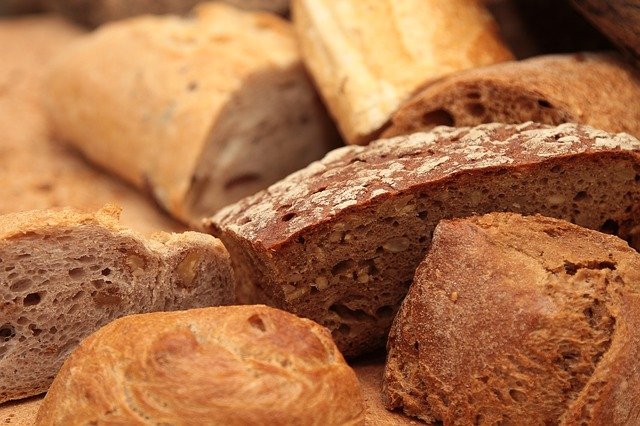
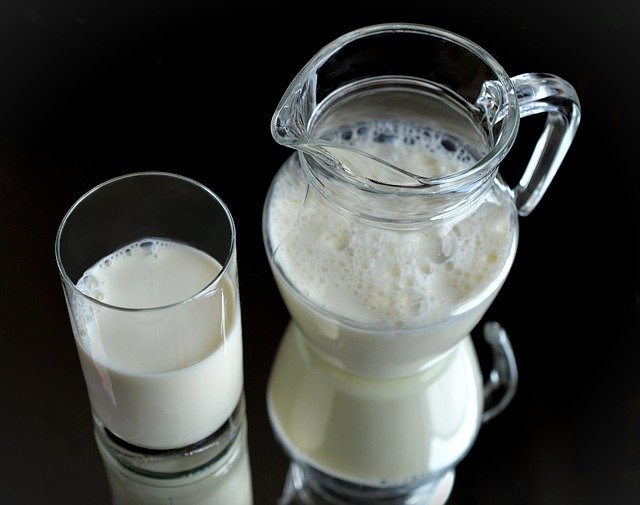

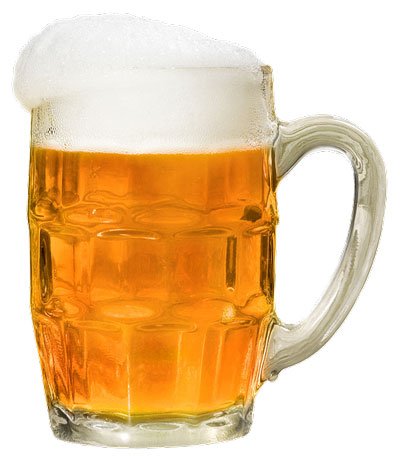

Vaccination rates by country pretty much line up with autism rates by country...
Up go vaccinations, up go autism rates
This is a really thorough post on GAPS! Nicely written. I never had the willpower to stick with GAPS, but I've kept some pieces of it. Homemade bone broth and removing polysaccharides (I think we talked about that already - I'm anti-potato) are two big ones.
Thanks, I was trying to make it simple to understand. Yes, we did talk about potato - the bane of both our lives. BTW, did you see my no-potato Paleo cottage pie recipe a week or so back? Part 3 is taking longer than I thought so is still a day away at least. I think what makes it so hard is that you have to make everything yourself. The sicker you are, the more incentive there is to keep going.
No, I didn't see the cottage pie recipe. I'll look for it.
GAPS is really about healing the gut. Any weight loss is a happy (or for some people, unhappy) side effect. I'm sure African Red tea is GAPS legal, but it's not an integral part of it.
I see you have made this same comment on other posts as well, where it is even less relevant than here.
Be very careful not to spam people. I can see you're new and don't know how things are done here. Comments on another person's post should be relevant to what they've posted about, preferably add something interesting to the discussion, show that you've read the post and be accompanied by an upvote.
Produce quality posts, be genuine in your comments and upvotes, and be patient. Eventually you will make some friends and start seeing some results.